Growing up with a difficult childhood leaves marks that can be hard to shake. Childhood adversities and adverse childhood experiences shapes who you become and often presents challenges that linger well into adulthood. Explore three such challenges many people continue to face.
KEY POINTS
- Trying to cope with childhood adversities can mean unlearning burdensome habits.
- Efforts to drop and replace these troublesome habits are extremely liberating.
- Replace your battle with the past with kind acceptance.
In trying to cope with adverse childhood experiences, we sometimes lock onto habits that keep us weighed down and bound to the past. Here are three heavy loads that are well worth dropping and replacing.
Related: 6 Surprising Benefits Of Surviving A Difficult Childhood
3 Lingering Challenges From a Difficult Childhood
1. Feeling Resentment
“Why did the people who were supposed to love, guide, and protect me let me down? Why was I treated so badly? Why did I have to suffer so much? Why is my life so hard?”
Unanswered, unresolved questions like these keep us stuck in the past and miserable. Settling these questions helps us move ahead.
Why do we suffer? We suffer because the world, and all its people, are imperfect. It has always been so. Sometimes we suffer because of the weaknesses of others. Sometimes we suffer because of our own weaknesses, and sometimes we suffer because of random events that happen in an imperfect world.
But suffering is not all bad. Rather than dwelling on the negatives in your past, consider how your difficult experiences can serve you.
For example, the imperfect examples of your caregivers might strengthen your resolve to avoid repeating their mistakes—to become better, kinder, and more respectful to others.
The things you’ve suffered can give you greater empathy and compassion, making you so much more useful to others who are suffering.
Perhaps you discovered how strong you are to have endured so much. Perhaps your difficult challenges spurred you to develop new skills, such as knowing how to deal with difficult people.
Perhaps your suffering has given you clarity on what matters most, and gratitude for what is beautiful in life.
An important happiness principle is this: Release angry demands, expectations, and a sense of entitlement. Instead, be grateful for everything—even your greatest challenges, which can become your greatest teachers.
In the first half of the 1900s, Adeline Martel and her family were among the German farming community in the Ukraine. The Russians had recruited the Germans because of their farming expertise, which greatly benefitted Russia.
After the WWII alliance with Germany was shattered, Russia turned on the German farmers. Torture, murder, rape, and taking family members in the night, never to be seen again, were commonplace. At great peril, Adeline’s family fled the Russians and then fled Hitler (Sullivan, 2021).
In looking back on her extremely difficult life, she said with gratitude, “I used to think life was something that happened to me. But now, I know life happened for me,” because her challenges strengthened her.
Or, as Ashton Kutcher put it, “The minute you start seeing your obstacles as things that are made for you, to give you what you need, then life starts to get fun. You start surfing on top of your problems instead of living underneath them.”

2. Being Unforgiving
Forgiveness is giving up anger, resentment, and the desire to punish one who has offended you.
Those who have been deeply wounded emotionally or physically might think that certain offenses are unforgiveable; or that forgiving won’t be possible until the offender sincerely asks for and deserves forgiveness.
However, forgiveness is a personal choice that is made irrespective of the offender or the offense. The intention to forgive can be formed at any time.
Forgiving serious offenses is not easy. Why do we do it? Because we see that people who choose to forgive are happier, and freer from the chains of the past.
Related: The Lifelong Effects Of Childhood Emotional Neglect
3. Feeling Inadequate, Worthless, and Imperfect
Being shamed in the early years can understandably lead people to feel inadequate and worthless. They often overcompensate by trying to be so perfect that no one can criticize or judge them.
The expectation of being perfect makes one miserable since it is not achievable.
How much better it is to view your imperfections with compassion, knowing that each person, though flawed, is infinitely worthwhile (that is, worth the while, worth the time to grow one’s innate, embryonic strengths).
In striving to reach your potential (an ongoing process), kindness and patience are infinitely more motivating than harsh self-criticism. Remind yourself that imperfect does not equal worthless or inadequate.
Knowing that everyone else has weaknesses puts us all on a level playing field and helps us to worry less about the unkind judgments of others. Instead of avoiding people for fear of being judged, you might approach them, seeing them as potential friends.
Instead of avoiding new challenges for fear of failing, you might approach them with the attitude, “It’s OK to try imperfectly. I’ll probably learn something and have some success. I’ll have some fun with this new challenge.”
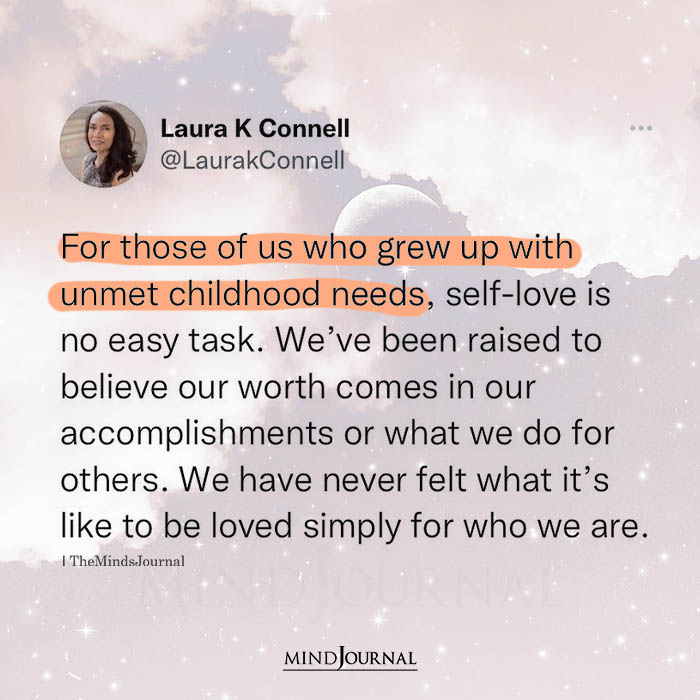
Conclusion
You can drop your battle with the past, and replace it with kind acceptance—of your past, of yourself, and of other imperfect people.
In so doing, you’ll find your days becoming more enjoyable; and your confidence and inner peace growing as you move ahead.
This post is part of a series on adverse childhood experiences. Read the other parts here.
References:
Schiraldi, G. R. (2021). The Adverse Childhood Experiences Recovery Workbook. Oakland, CA: New Harbinger.
Sullivan, M. (2021). The Last Green Valley. Seattle: Lake Union Publishing.
Written By Glenn R. Schiraldi
Originally Appeared On Psychology Today



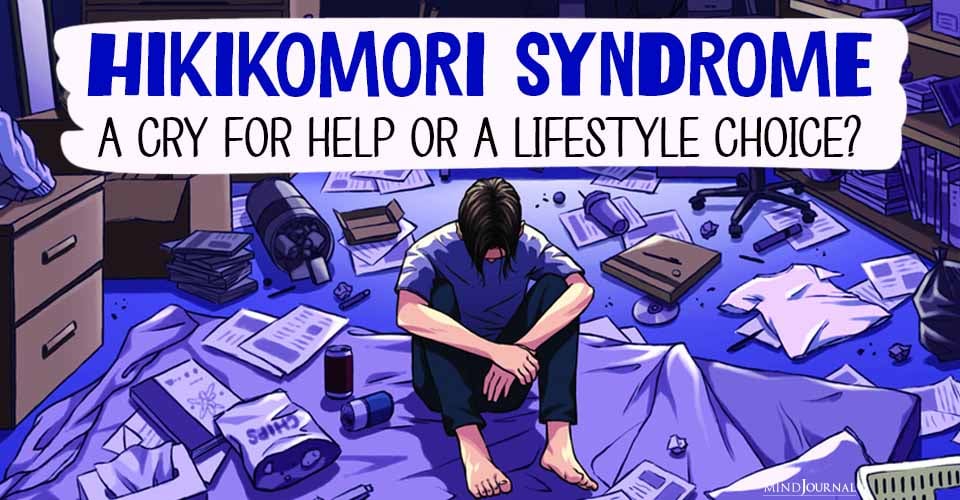
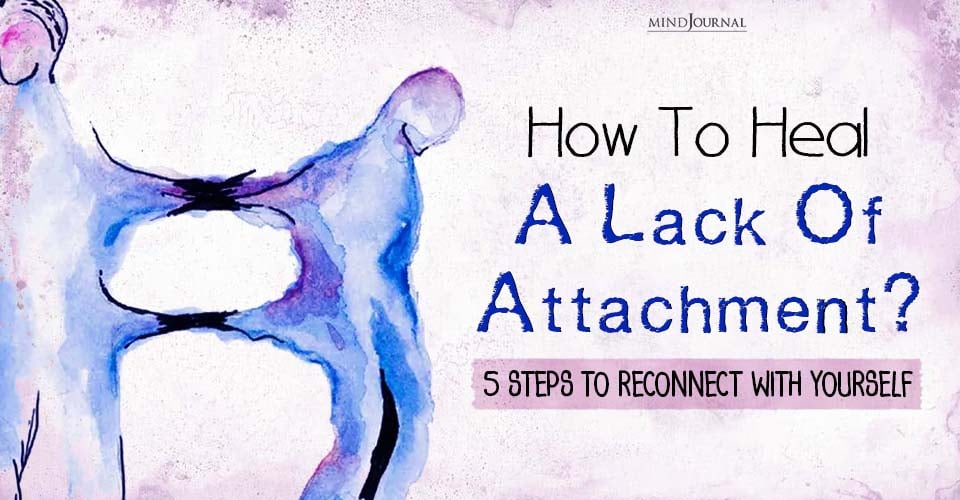
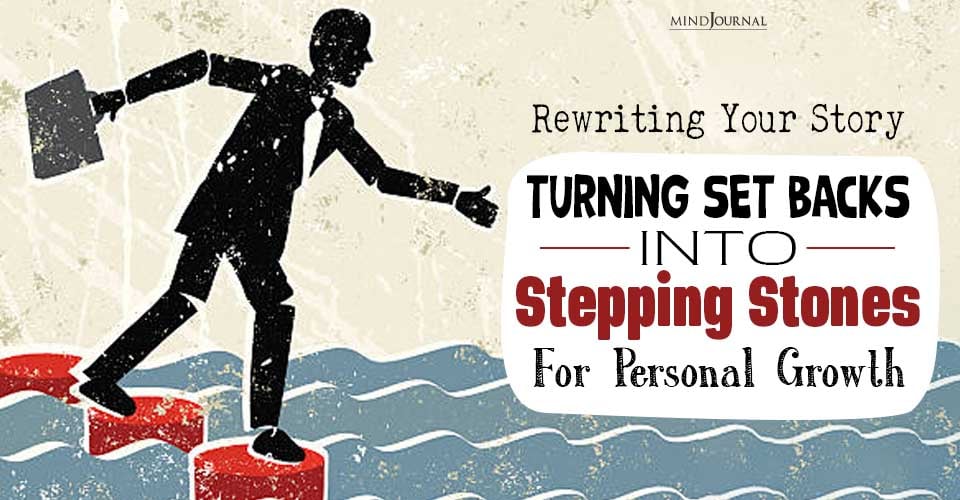

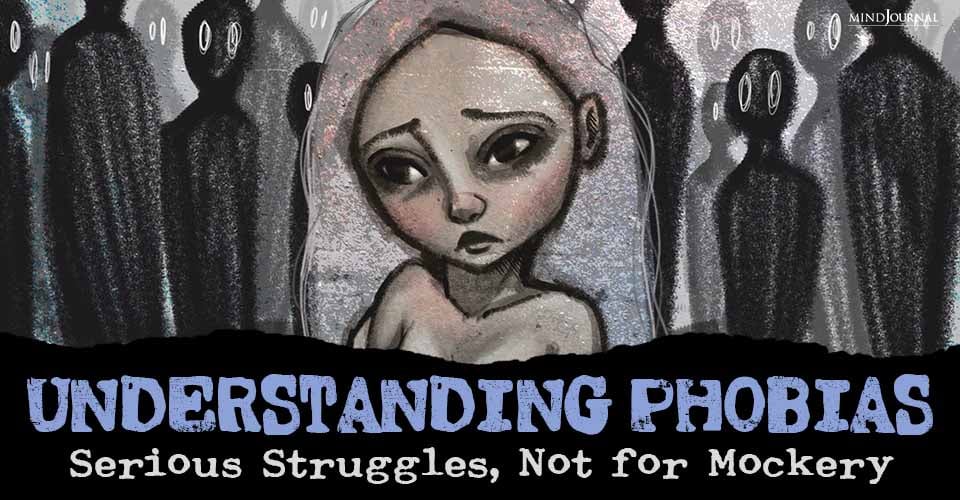
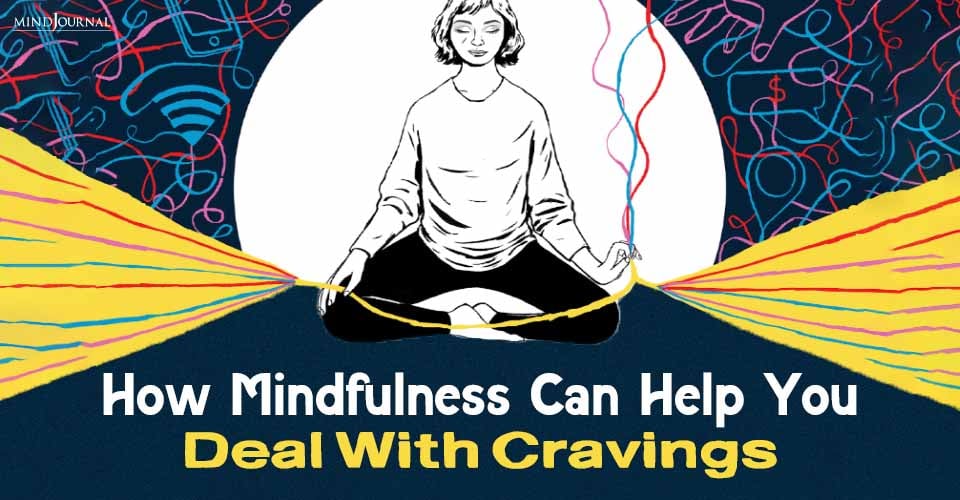

Leave a Reply